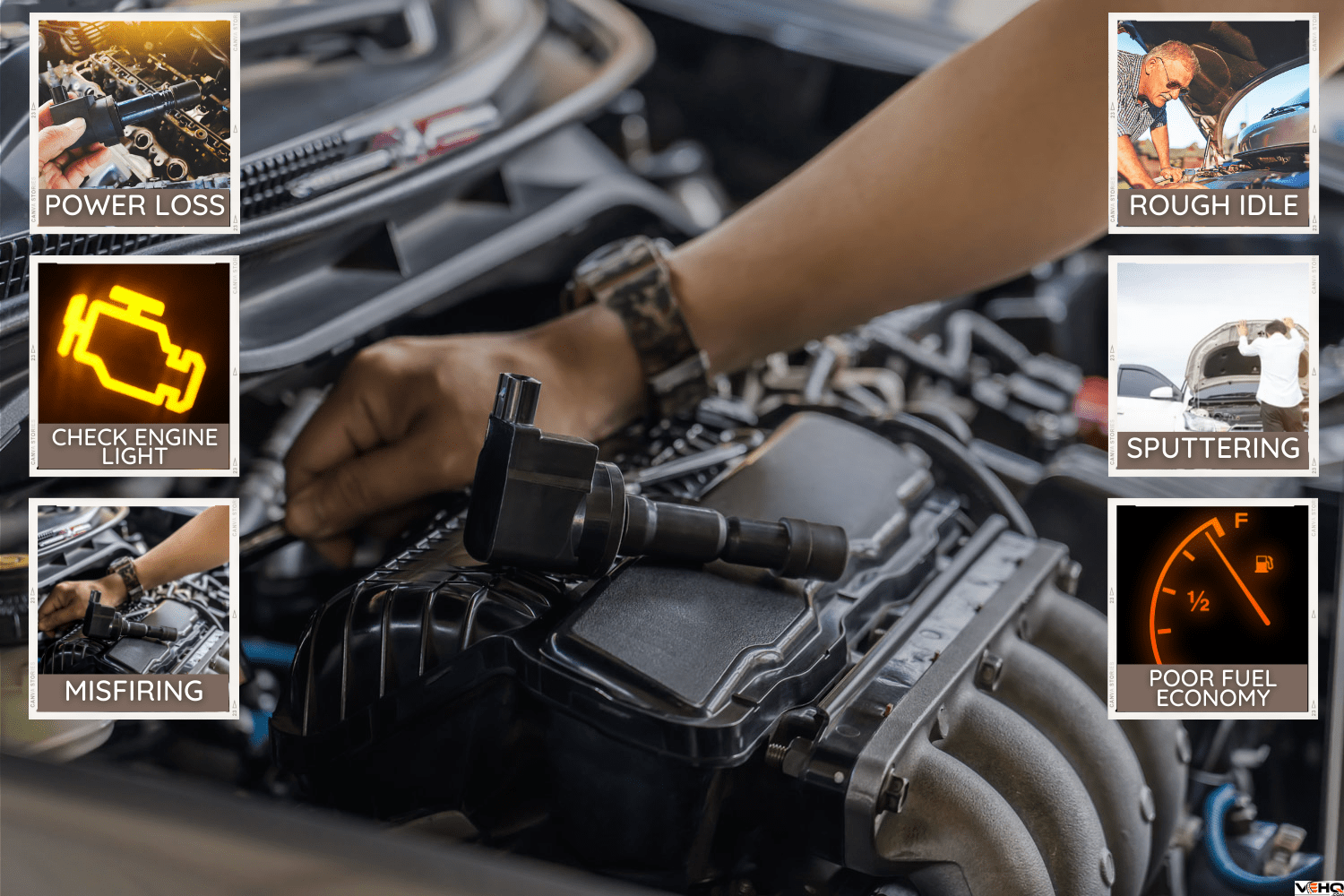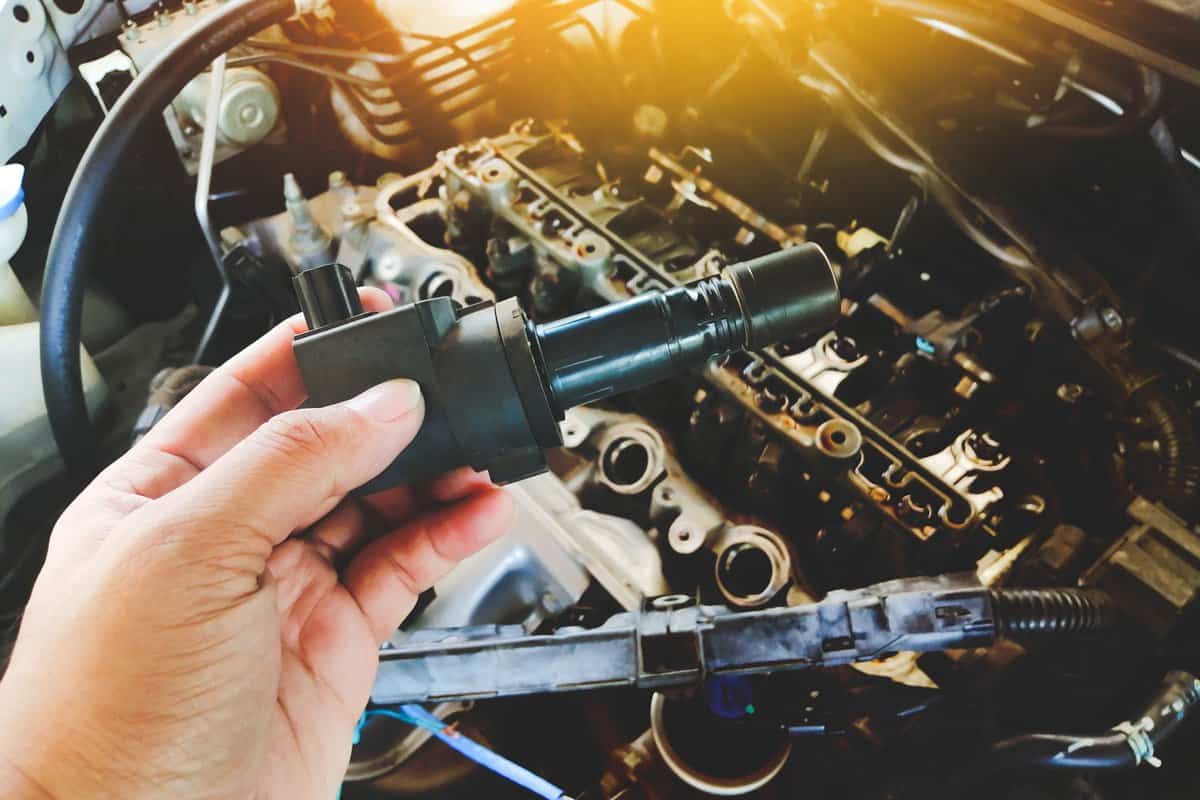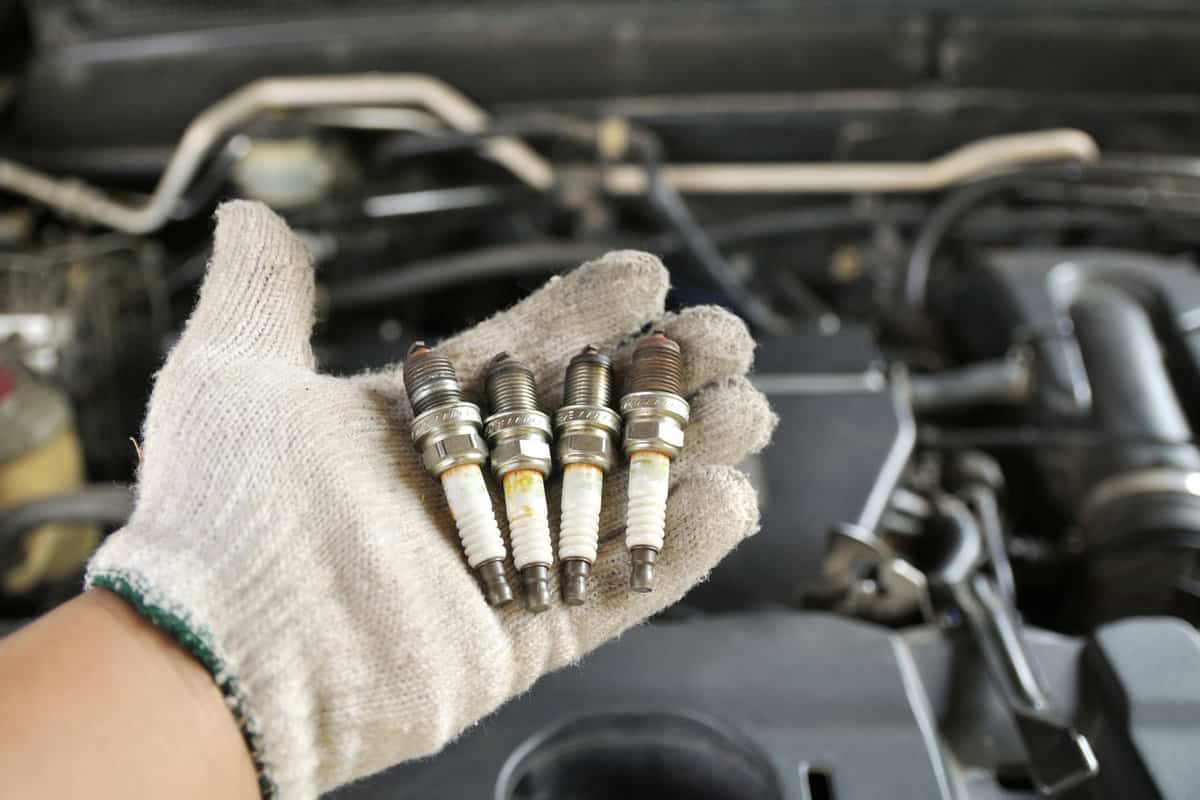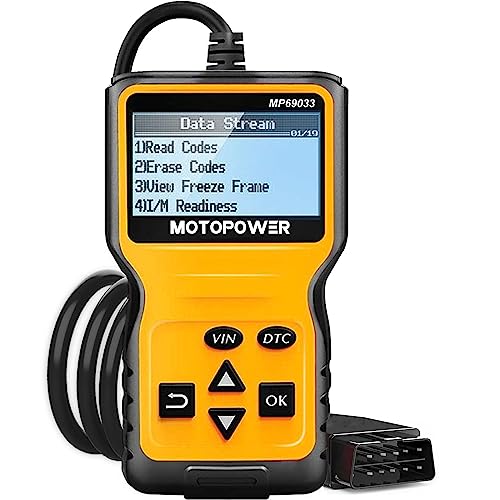Ignition coils play an important part in the car's ignition system by providing a high voltage to the spark plug. By like other mechanical parts, they have a lifespan and will require replacement over time. Let's take a look at what the experts say about how often you should replace your car's ignition coils.
On average, you should replace your ignition coils every 100,000 miles. However, they could fail sooner depending on environmental factors and the quality of the parts used. It's best to keep an eye out for any signs that something is wrong with your ignition coils, such as:
- Power loss
- Check engine light
- Misfiring or backfiring
- Rough idle
- Sputtering or stalling
- Poor fuel economy
Understanding when it's time to replace your ignition coils is key to keeping your car running smoothly. In this article, we will take a closer look at how often you should replace your vehicle's ignition coils. In addition, we will answer other frequently asked questions about engine maintenance schedules, so read on!
How Often Should Coil Packs Be Replaced?

Coil packs are a set of ignition coils that are wired together and act as a single unit in your engine. The way ignition coils work is that they produce an electric current which is used to ignite the fuel-air mixture in the vehicle's cylinders.
Ignition coils are not to be confused with spark plug wires. Spark plug wires are rubberized cables that channel the spark to each spark plug. Ignition coils, however, generate the high voltage needed to create the spark.
Since they're constantly exposed to heat and vibration, coil packs have a limited lifespan and should be replaced regularly to maintain optimal performance.
Without them, the engine would not be able to start or run. As such, it is important to replace them when necessary. In general, you should replace your coil packs every 100,000 miles as preventive maintenance.
However, ignition coils could fail earlier depending on the environmental conditions and quality of the parts used. There are key warning signs that you can look for that will indicate the need to replace your ignition coils.
Let's take a look at them below:

Power Loss
One of the most common signs that your ignition coils are failing is a decrease in power. The reason being is that the coils are not able to provide enough voltage to the spark plugs, resulting in a decrease in engine performance.
Your vehicle may feel sluggish or take longer to accelerate.
Check Engine Light
Typically, when ignition coils fail, your check engine light will come on. Depending on the vehicle, the light may come on as soon as the coils start to fail, or it might only turn on when they eventually die.
You have a few choices when the check engine light comes on. First, you can take it to an auto parts store and have the code read to determine what is causing the light to come on. Second, you can take it to a mechanic who will diagnose and repair the issue.
The first option is less expensive and will give you insight into the problem. However, the second option is often more reliable, as mechanics have access to better diagnostic tools and are experienced in fixing ignition problems.
With an OBD2 Scanner Code Reader, you can check engine lights yourself. Check it out on Amazon.
Misfiring Or Backfiring
Another sign that your ignition coils need to be replaced is when your vehicle is misfiring or backfiring. Misfiring occurs when one or more of the cylinders in the engine are not firing properly, resulting in a decrease in power and efficiency.
Backfiring is when the unburned fuel-air mixture combusts outside of the cylinders and is usually accompanied by a loud bang or popping sound.
If you notice either of these symptoms, it's a good indication that your ignition coils need to be replaced as soon as possible.
Rough Idle
When your ignition coils are on their way out, your car might idle rough. This can be caused by one or more of the ignition coils not working properly and will usually cause the engine to vibrate and shake while idling.
This will be very noticeable to you and will worsen as the coils get worse.
Sputtering Or Stalling
Sputtering or stalling can signify that your ignition coils need to be replaced. When this happens, the engine will cut out for brief moments and then resume running as normal.
This usually occurs when the voltage coming from the ignition coils is not enough to keep the spark plugs firing consistently. This will result in an inconsistent flow of air and fuel, causing the engine to sputter and stall.
This can be dangerous, as it can cause the engine to shut off while you're driving. In addition, if it stalls in heavy traffic, someone could easily rear-end you, which could cause a serious accident.
Poor Fuel Economy
Last but not least, a decrease in fuel economy can be an indication of a failing ignition coil. This is because the engine is not running efficiently, and as a result, more fuel is being consumed than necessary.
As such, you may find that your vehicle's gas mileage has dropped significantly and you are spending more money to fill up your tank.
If you are experiencing any of these signs, it's best to take your vehicle to a mechanic who can diagnose and repair the issue.
How Much Does It Cost To Repair Ignition Coils?

Depending on your vehicle, the average cost of replacing ignition coils can range from $200-300. This includes labor, parts, and taxes.
However, the cost can be lower or higher depending on the number of coils that need to be replaced as well as the make and model of the vehicle. Since a car has one ignition coil per cylinder, replacing all the coils in an engine can be expensive.
For example, if you have a V8 engine, you will need to replace eight ignition coils in total. Whereas a 4-cylinder engine will only require four coils, which can be significantly cheaper.
The cost can also vary depending on who does the work. Taking your car to a mechanic will likely be more expensive than replacing the coils yourself.
If only one ignition coil is bad, you can choose to replace just that one, although it's usually advisable to replace them all at once. This is because if one goes bad, the others will likely follow soon after. However, depending on your budget, paying for one at a time may be the best option.
Depending on your vehicle, changing ignition coils yourself can be challenging. Some engines are easier to work on than others, so it's important to be aware of the difficulty level before attempting any repairs.
Do You Need To Change The Spark Plugs With The Ignition Coils?

This is a tough question, as every scenario is different. If your ignition coils are in good working order, then you probably don't need to change them.
In this case, you can just replace the spark plugs and not worry about the coils. However, if your ignition coils are on their way out or failing, then it's usually best to replace both if you can.
Replacing both at once will ensure that all components of your ignition system are working properly. This will help improve engine performance and reduce the risk of further damage.
In the end, it really depends on your vehicle and engine. A mechanic will give you the best advice on what needs to be done.
How Much Does It Cost To Replace Spark Plugs?

If you have a mechanic replace the spark plugs, you can expect to pay $120-200 or more. Like ignition coils, it will depend on the make and model of your vehicle.
In addition, the costs will vary depending on the type of spark plug you choose. Spark plugs come in different materials, such as copper, iridium, and platinum.
The more expensive plugs tend to last much longer than the cheaper ones. This is something to keep in mind when deciding which type of spark plug you should get.
Some vehicles may require higher-performance spark plugs than others. Higher-performance spark plugs are more expensive, but they can help improve engine performance and fuel efficiency.
If you decide to replace the spark plugs yourself, you can buy a set for $20-100. Just ensure you have the right tools and materials for the job.
Final Thoughts
Overall, ignition coils have a long lifespan, but they are not invincible. If you notice any of the signs that your ignition coils are going bad, it's best to take your vehicle to a mechanic for diagnosis and repair. The longer you wait, the more expensive the repair may be.
Made it to the end? Here are other articles you might find helpful:
Check Engine Light Comes On And Off While Driving – What Could Be Wrong?

